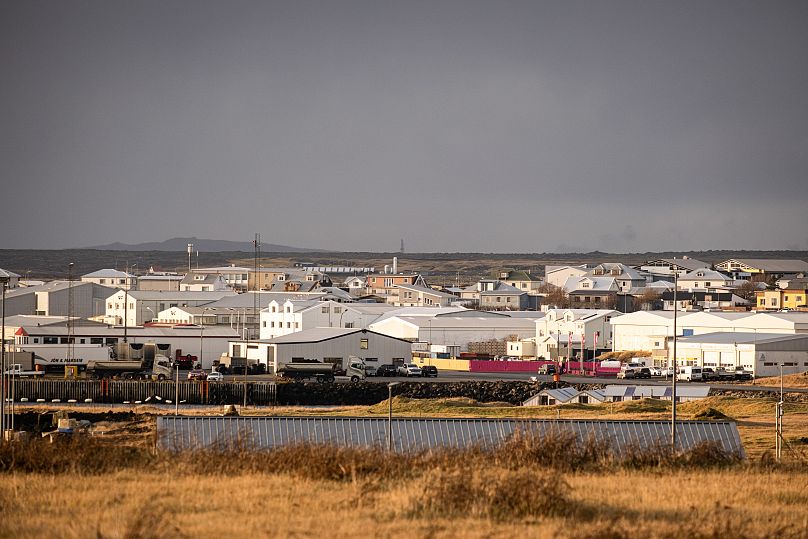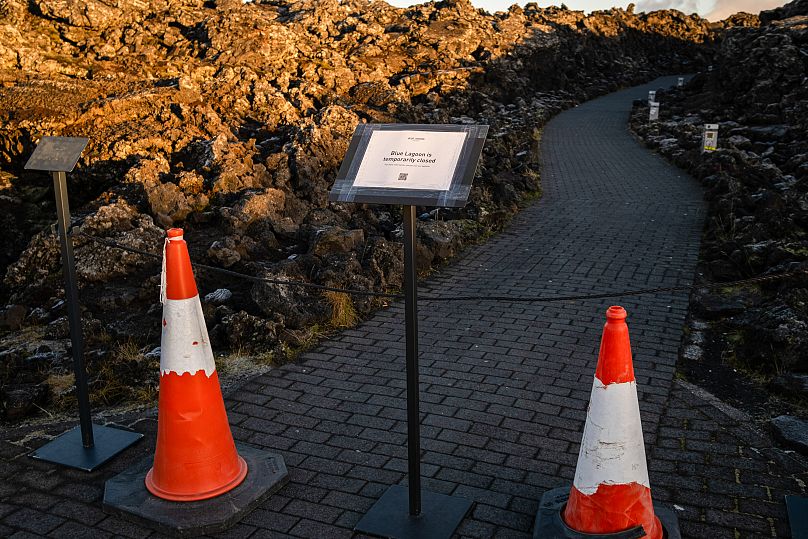Iceland has 33 active volcanic systems, the highest number in Europe, and thousands of tremors have been recorded since the end of October.
 ADVERTISEMENT
ADVERTISEMENT
Authorities in Iceland have declared a state of emergency after a series of earthquakes rocked the Reykjanes peninsula in the south-west of the country, raising fears of a volcanic eruption in the region.
"The head of the national police force (...) has declared a state of emergency for civil defence due to intense seismic activity in Sundhnjukagigar, north of Grindavik," the civil defence authority said in a statement late Friday.
"The earthquakes may become more significant" and "this series of events could lead to an eruption", the administration warned.
According to the Icelandic Meteorological Office (IMO), an eruption could occur "within a few days".
Town of Grindavik being evacuated
Evacuation plans have been put in place for the town of Grindavik, with a population of around 4,000, located three kilometres south-west of the area where the seismic swarm was recorded on Friday.
The civil protection authority also announced that it was sending the Thor patrol boat to Grindavik "for safety purposes".
On Thursday, the Blue Lagoon, a tourist site near Grindavik famous for its geothermal spas, was closed as a precaution.
Friday evening earthquakes
Early on Friday evening two earthquakes, the strongest of which had a magnitude of 5.2 according to the IMO's initial assessments, were felt as far away as the capital Reykjavik, some forty kilometres away, and along a large part of the country's southern coast.
Some 24,000 tremors have been recorded on the peninsula since the end of October, according to the IMO, with a "dense swarm" of almost 800 earthquakes recorded between midnight and 14:00 GMT on Friday.
The IMO noted an accumulation of magma at a depth of five kilometres, which, if brought to the surface, would trigger a volcanic eruption.
Since 2021, three eruptions have taken place on the Reykjanes peninsula, in March 2021, August 2022 and July 2023, all far from infrastructure or populated areas.
Iceland has 33 active volcanic systems, the highest number in Europe.
During its last eruption in 2010, Eyjafjallajökull blocked European skies and led to the cancellation of 100,000 flights, with ten million passengers stranded.












